Interested in Becoming a Chef Ambassador? Ranch Market - The Gourmet Awaits You!
Be a Chef Ambassador and win a total prize worth Rp15 million!
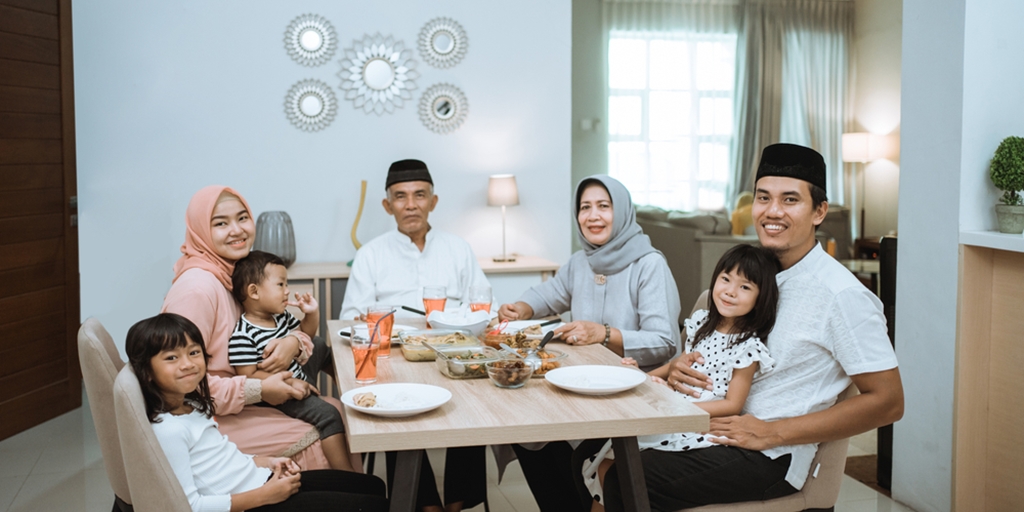
Kapanlagi.com - The implementation of Iduladha prayer was originally scheduled for July 20, 2021, but the current situation of the Covid-19 pandemic, which is not conducive, has forced the Islamic community to be advised to perform worship activities only at home.
This advice was issued by Muhammadiyah. Responding to the recent Covid-19 pandemic situation in Indonesia, the Central Executive Board of Muhammadiyah issued a fatwa regarding several matters related to the implementation of Iduladha prayer and sacrifice in the year 1442 H/2021 AD.
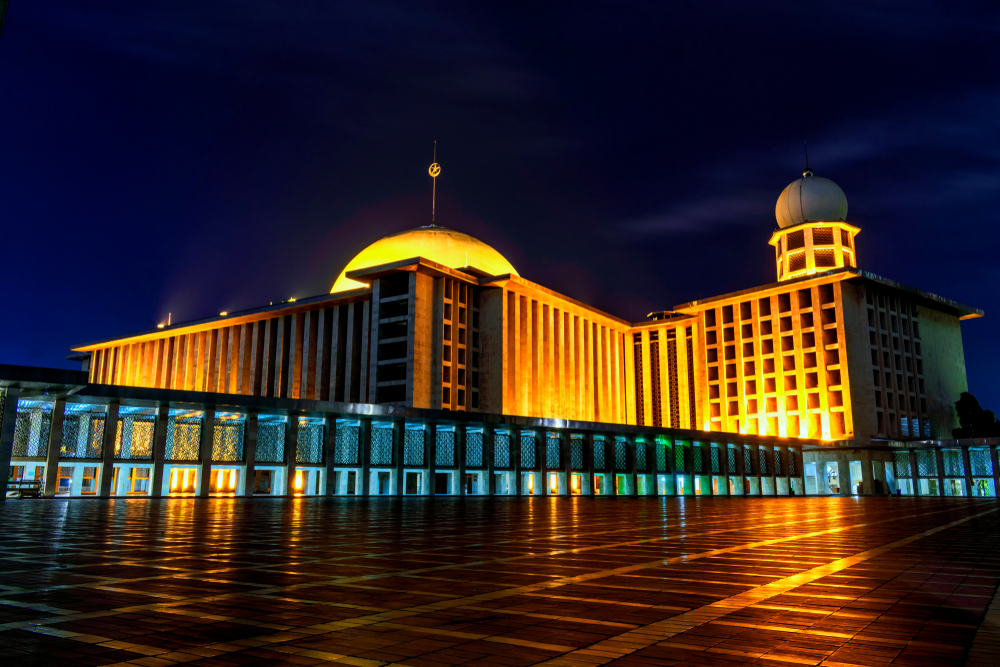
The advice based on the Fatwa of the Tarjih and Tajdid Assembly of the Central Executive Board of Muhammadiyah was directly conveyed by the Secretary General of the Central Executive Board of Muhammadiyah, Prof. Dr. Abdul Mu'ti, M.Ed.
"In relation to the pandemic and referring to the Fatwa of the Tarjih and Tajdid Assembly of the Central Executive Board of Muhammadiyah dated Rajab 26, 1441 H/March 21, 2020 AD, which became the Attachment to the Circular of the Central Executive Board of Muhammadiyah Number 02/Edr/I.0/E/2020 Regarding Worship Guidance in the Covid-19 Emergency Condition, and the Fatwa dated Zulkaidah 03, 1441 H/June 24, 2020 AD, which became the Attachment to the Circular of the Central Executive Board of Muhammadiyah Number 06/EDR/I.0/E/2020 dated Zulkaidah 03, 1441 H/June 24, 2020 AD, the Tarjih and Tajdid Assembly of the Central Executive Board of Muhammadiyah deemed it necessary to establish this fatwa," he explained.
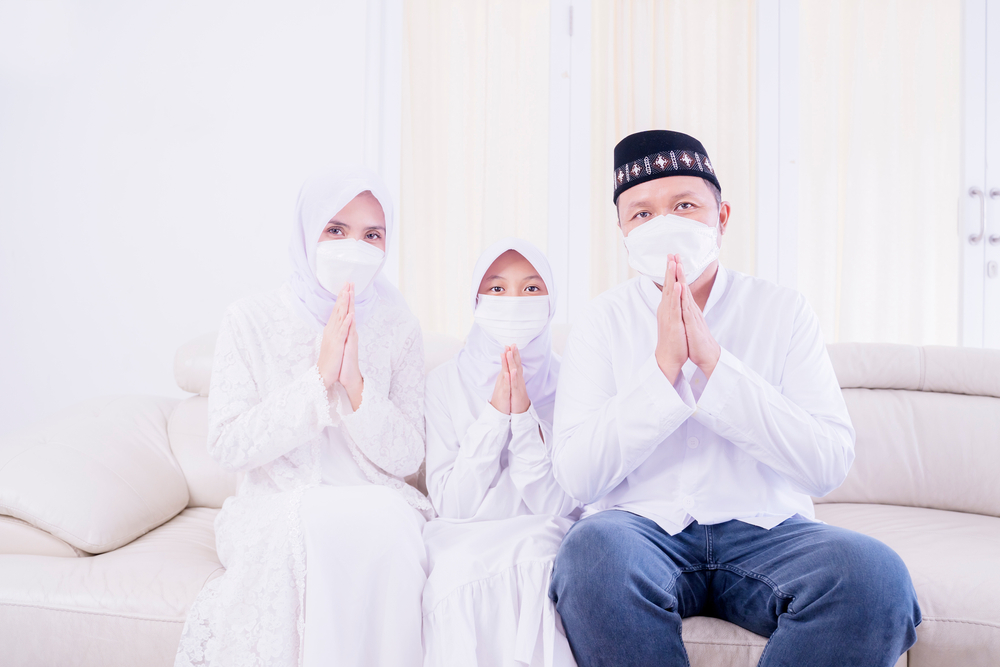
Furthermore, Prof. Abdul Mu'ti stated the need to collectively strive to overcome Covid-19 by staying at home. Exceptions are only intended for extremely urgent matters that would cause problems or harm if left unattended.
For example, work interests for those in dire need, as well as the fulfillment of food and health needs. Of course, such activities must be carried out while strictly adhering to health protocols and considering the safety of life.
"As a preventive measure as part of caution to prevent greater harm due to the high number of positive Covid-19 cases, mosques and musallas should be temporarily deactivated from all activities involving congregations," he said.
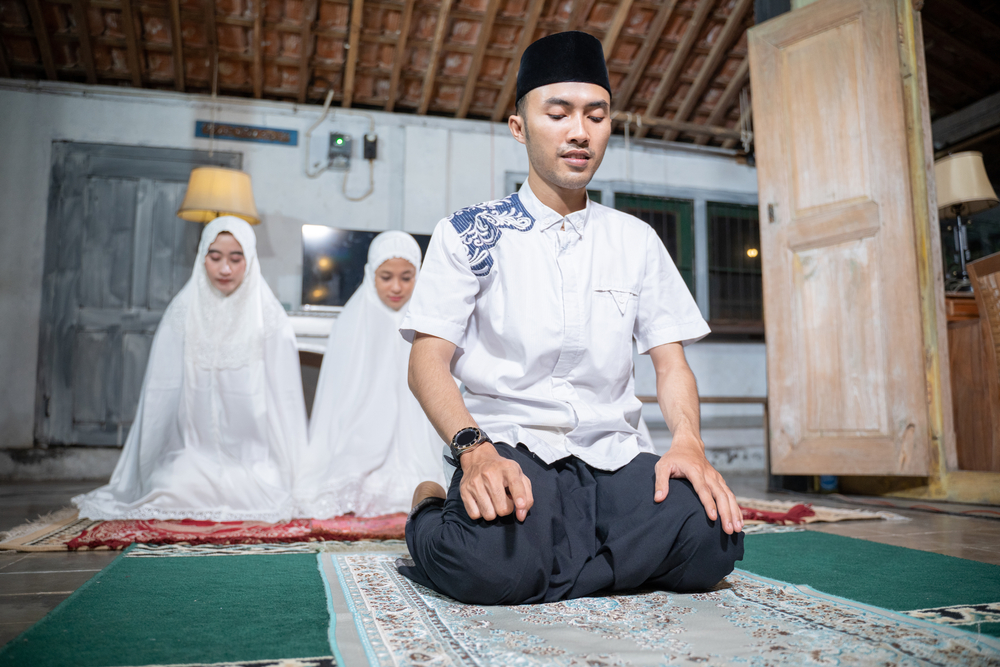
In addition, he also advised that all worship, both sunnah and fardh, involving congregations should be performed at home. The call to prayer (azan) as a sign of the beginning of prayer time should still be recited at the beginning of each obligatory prayer time by replacing the phrase 'hayya 'alas salah' with 'sallu fi rihalikum' or other phrases according to the guidance of sharia.
Prof. Abdul Mu'ti added that all efforts to overcome Covid-19, including vaccination, are efforts for prevention, reducing the risk of transmission, and eliminating emergencies.
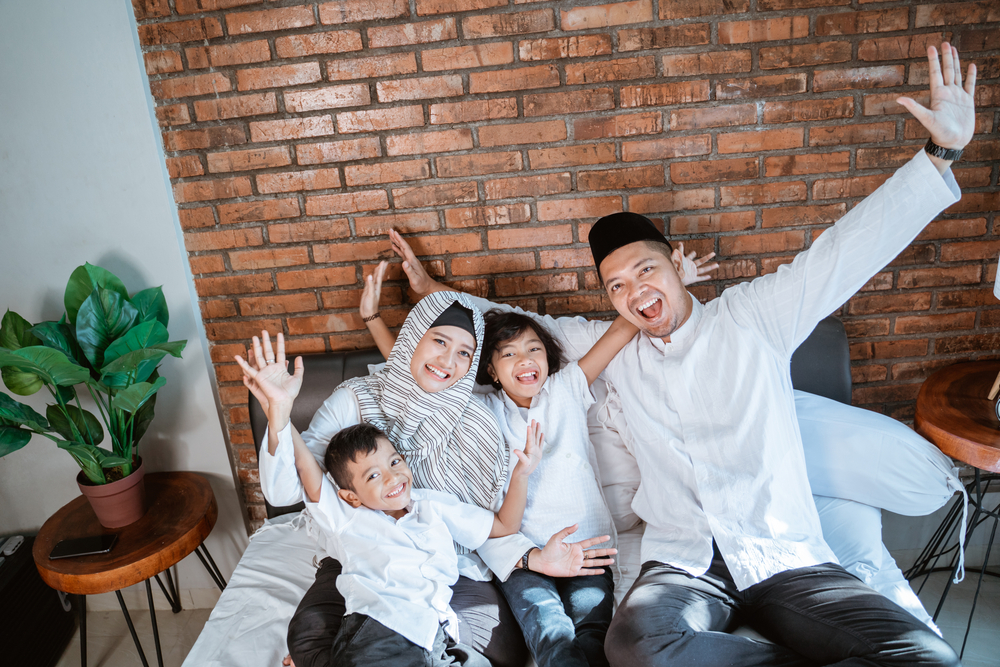
Regarding Eid al-Adha 1442 Hijri, he said that it is not recommended to perform the Takbir Keliling and it is better to be done at home. Eid al-Adha prayer in fields, mosques, or public facilities should be canceled or not held.
"Eid al-Adha prayer for those who wish can be performed at their respective homes with family members in the same way as the Eid prayer in the field," he said.
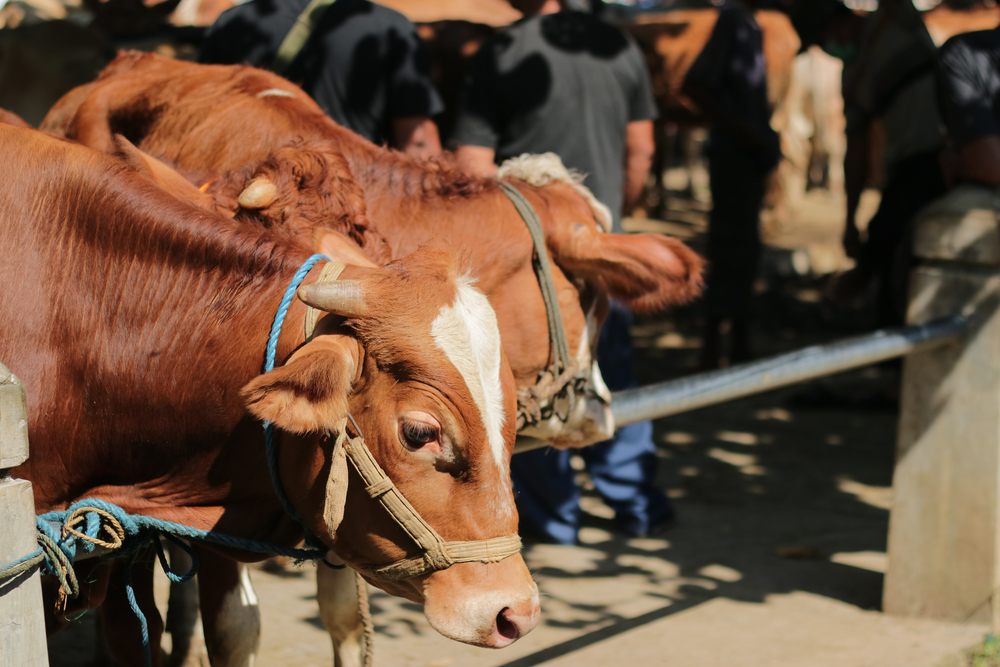
The same goes for the sacrifice that is part of the implementation of Eid al-Adha, according to Prof. Abdul Mu'ti, it is better to convert it into funds and distribute it through Lazismu. The aim is to be distributed to communities in underdeveloped, remote, and outer regions or processed into canned corned beef.
"If there is a sacrifice of animals performed at the Slaughterhouse, it is to be more in accordance with sharia and hygienic," he concluded.
(kly/tmi)
Cobain For You Page (FYP) Yang kamu suka ada di sini,
lihat isinya
Be a Chef Ambassador and win a total prize worth Rp15 million!
Mengheningkan cipta is also intended for the safety of the nation.
Foreign nationals must show vaccination card and negative PCR test.
Find out the answer by answering a few quizzes below!
You can definitely try these two hobbies.
With simple ingredients, you can create a special fried rice
Both limit community activities, so there is no need to argue.
The Covid-19 pandemic also affects the creative industry.
Turns out the product is Posh Deo Lotion Girl which has many advantages.
To #BebasDrama, practice the formula for managing finances together with DANA.
Nggak mau ketinggalan, SoKlin meluncurkan varian terbaru bernama Experience Korean Camellia.
All adult residents in Jabodetabek can now go to vaccination centers and exercise their rights.